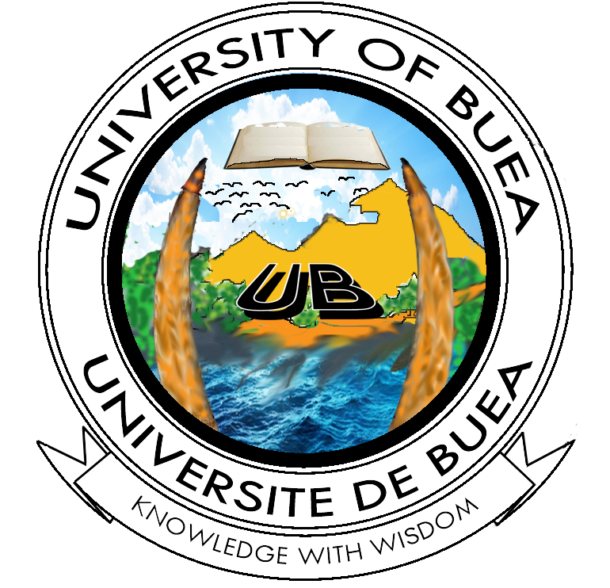Duration: 3 years
Fee Paying: No
Admission Requirements
Any two 'A’ levels from Biology, Chemistry, Physics, Mathematics, Geology.
Objectives
Geology is an applied science and the degree programme is aimed at training students to understand and interpret the physical, chemical and structural nature of the Earth in relation to other planets. It therefore incorporates aspects of both Environmental and Applied Geology which include Global Environmental Issues, Water Resources, Remote Sensing Techniques, as well as the Mineral and Petroleum resources of the Earth their availability, exploration and exploitation techniques with particular emphasis on Cameroon. The objective has been to meet the manpower demands in industries, research institutes and in the teaching field. The degree programme incorporates the evolutionary trends in the subject and prepares students for postgraduate specialization in these different areas of the subject depending on their abilities and aptitudes.
Graduation Requirements
Major students must have passed in 180 credits comprising all compulsory courses (126 credits), Minor courses based on students’s choice of Minor (36 credits) and all University courses (18 credits). To earn a Minor in Geology the student must have passed the specified Minor courses (36 credits).
Skills Acquired
The graduate with a BSc degree in Geology has acquired both field and laboratory practical skills in all aspects of geology including its uses and applications in various aspects of development. These include aspects of Economic Geology, Geological Hazards and management strategies, Water Resources, and Petroleum Geology. Training in Field Geological Mapping every year provides the students with sufficient skills to cope with these aspects on graduation. These skills are further reinforced for students who take one of the structured minors offered in the department or take an elective minor in Environmental Science.
Employment Opportunities
- Teaching in Colleges, Universities etc.,
- Engineering facilities such as site investigations,
- Exploration for petroleum, minerals, water resources,
- Environmental Geologists – Geohazards (Landslides, Volcanism, Water Resources, etc.), Mining and related pollution,
- Research Institutions, and
- Consultants.
Courses
Compulsory Courses
- CHM201: General Chemistry
- GLY201: Historical Geology and Principles of Stratigraphy
- GLY202: Geodynamics and Plate Tectonics
- GLY205: Physical Geology and Earth Materials
- GLY210: Geochemistry and Mineral Chemistry
- GLY212: Mineralogy and Crystallography
- GLY214: Field Geology 1
- GLY303: Structural Geology and Map Interpretation
- GLY304: Environmental Geology and Remote Sensing
- GLY308: Geology of Cameroon and Pedology
- GLY315: Volcanology and Igneous Geology
- GLY316: Metamorphic Geology
- GLY317: Sedimentary Petrology and Paleontology
- GLY318: Field Geology 2
- GLY403: Hydrogeology and Water Resources Management
- GLY404: Petroleum Geology
- GLY407: Applied Geophysics
- GLY411: Applied Geochemistry
- GLY412: Engineering Geology
- GLY417: Economic Geology and Mineral Exploration
- GLY498: Independent Research/Field Geology Mapping Project
- MAT211: Mathematical Methods
- PHY220: GeneralPHYsics
Elective Courses
- GLY205: Physical Geology and Earth Materials
- GLY308: Geology of Cameroon and Pedology
- GLY403: Hydrogeology and Water Resources Management
- GLY404: Petroleum Geology
- PET201: Introduction to Petroleum Engineering
- PET202: Introduction to Fluid Mechanics
- PET301: Reservoir Engineering
- PET302: Drilling Technology
- PET401: Seismic Technology and Well Logging
- PET402: Petroleum Production Operations
Language Requirements
- ENG101: Use of English I
- ENG102: Use of English II
- FRE101: Functional French I
- FRE102: Functional French II


